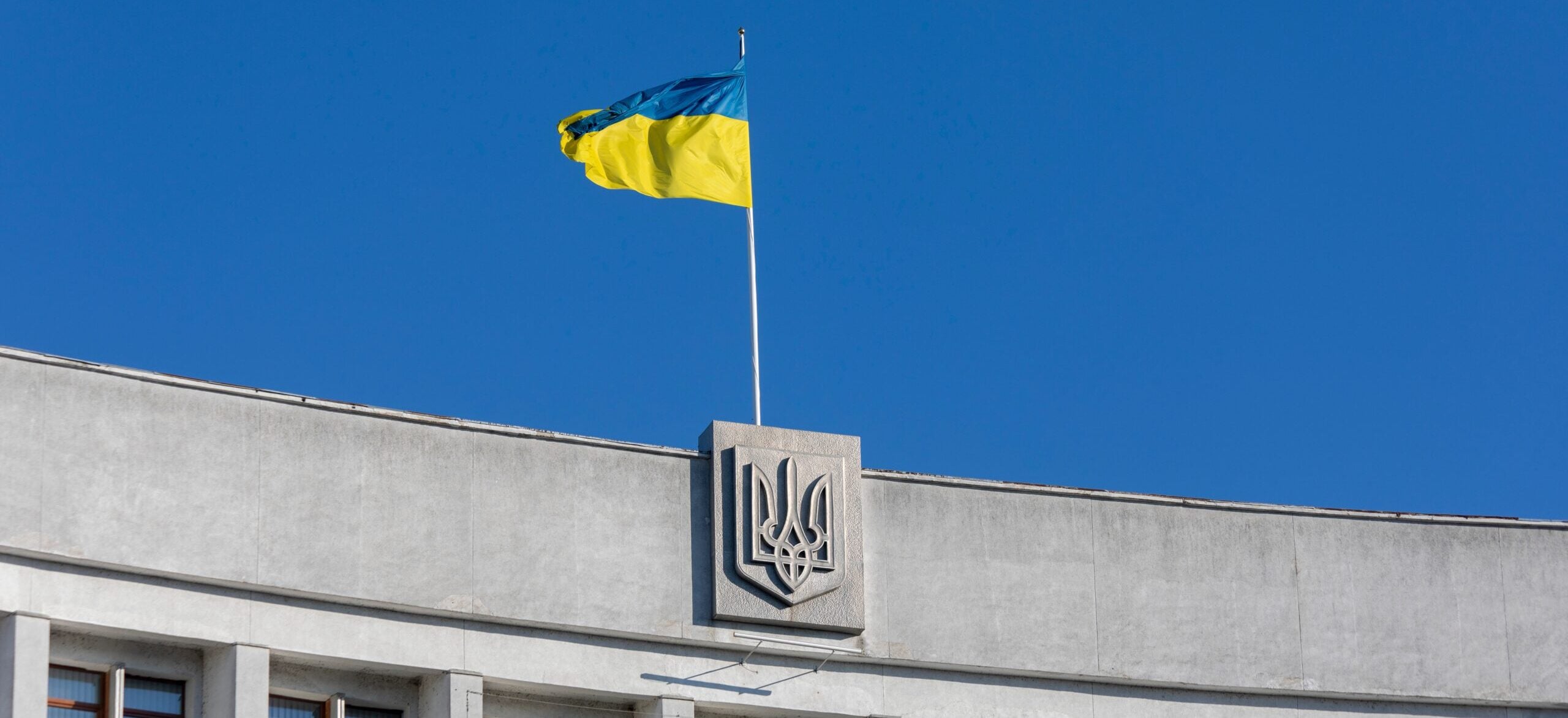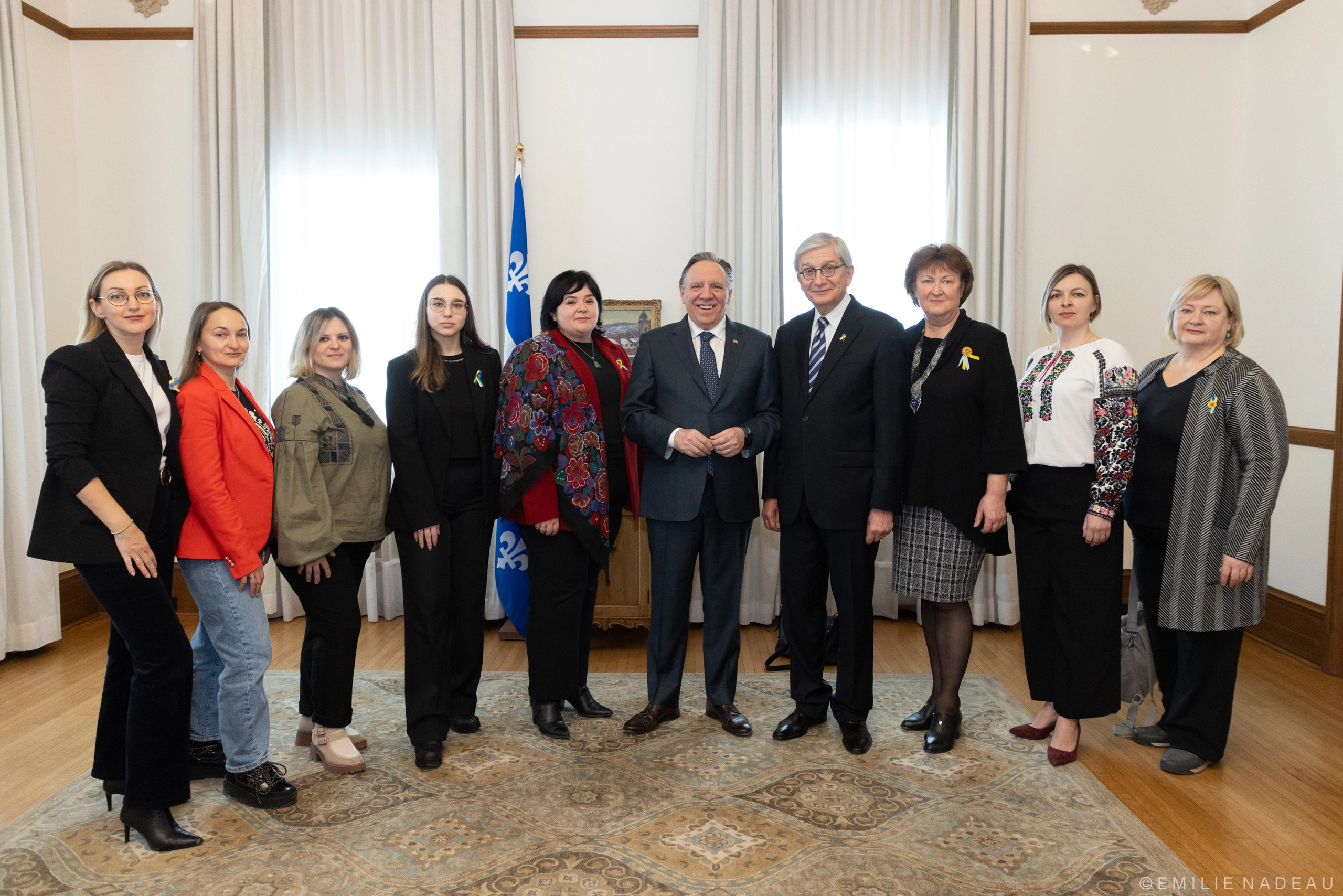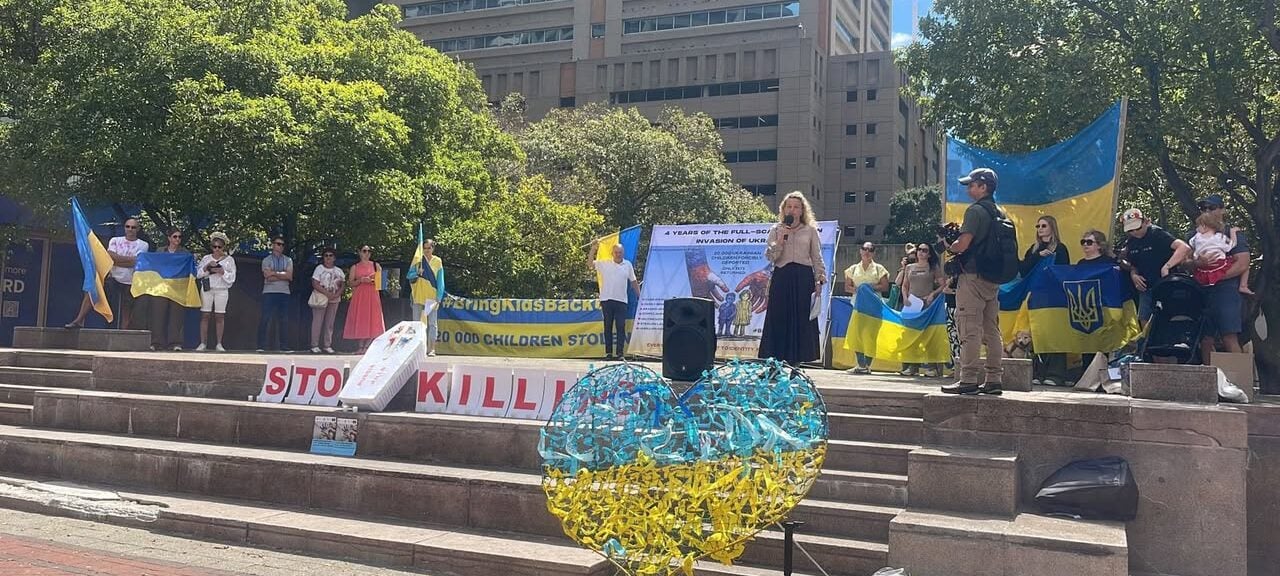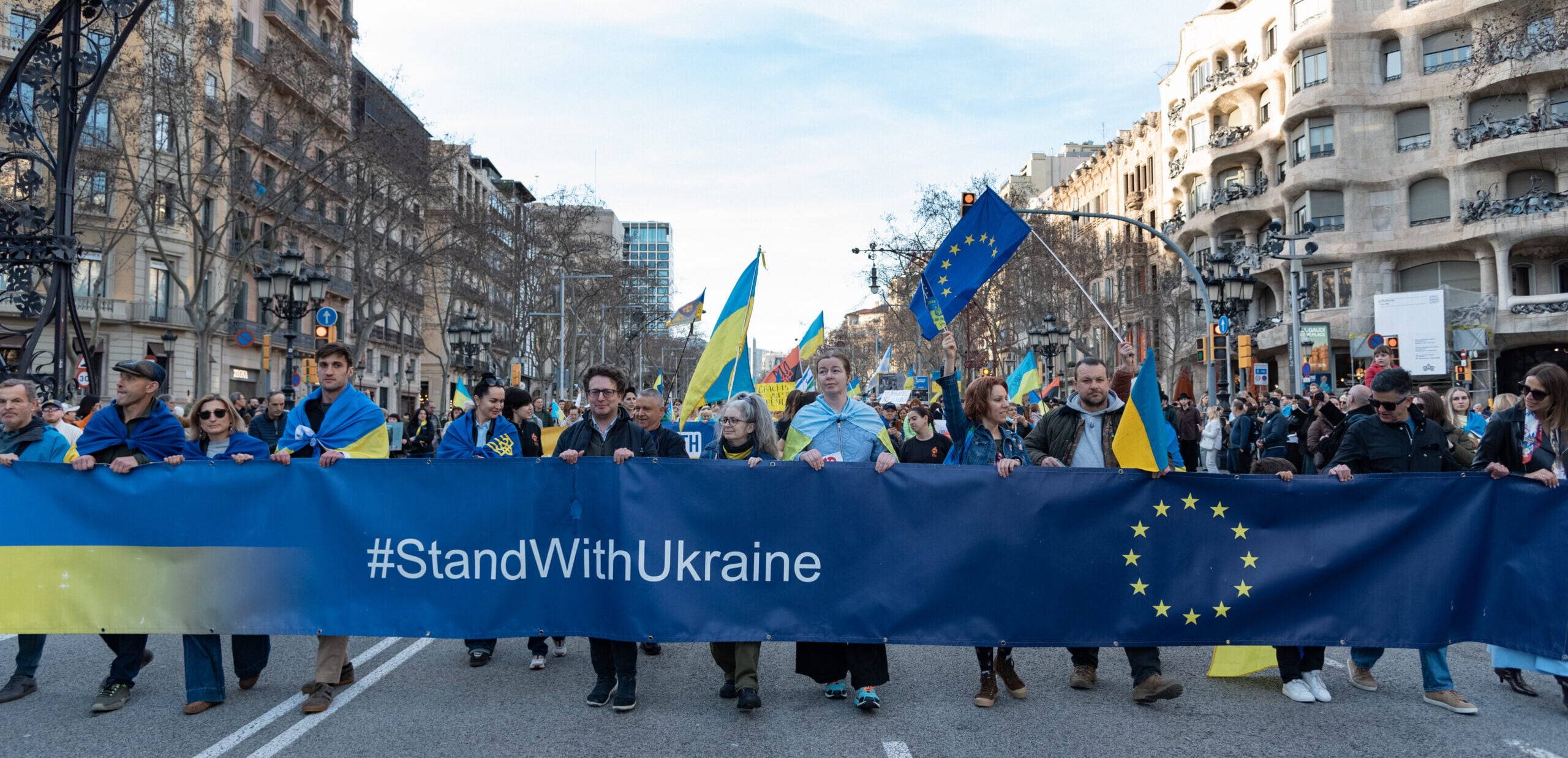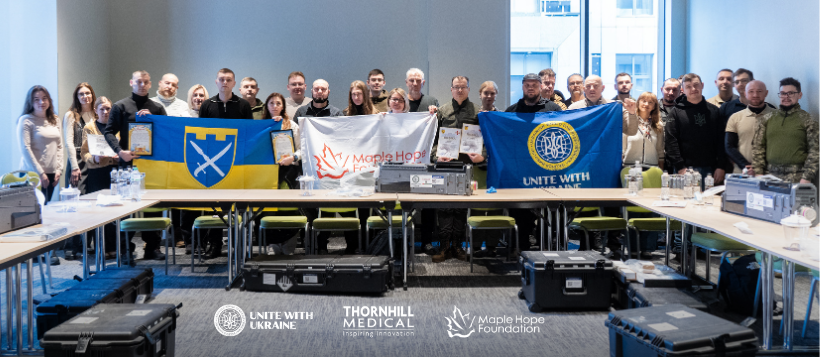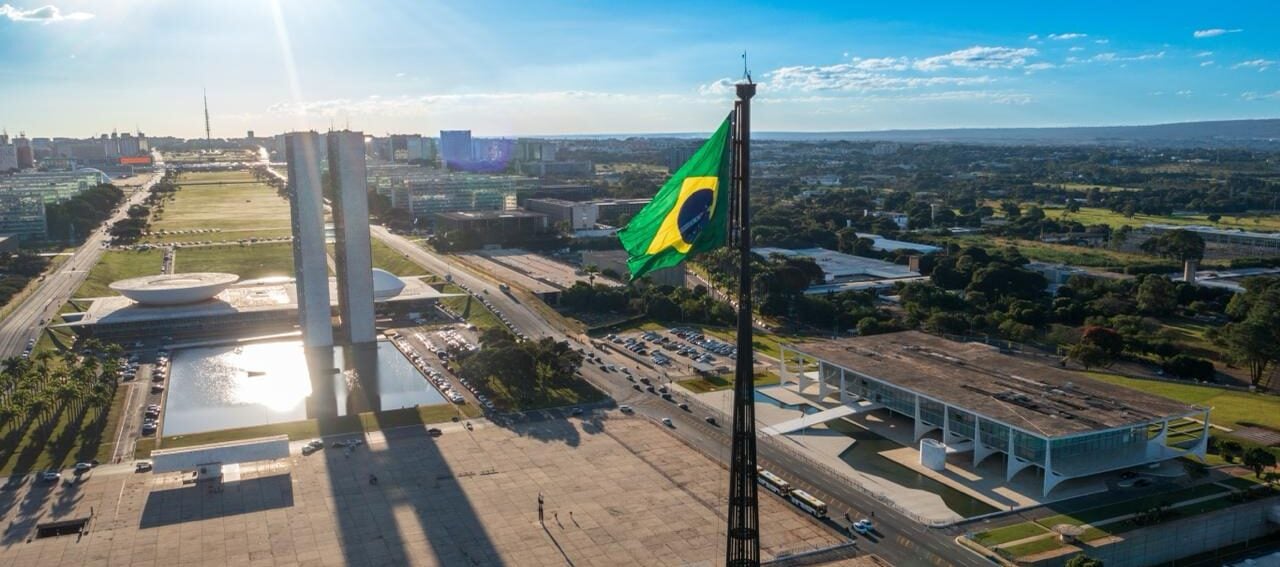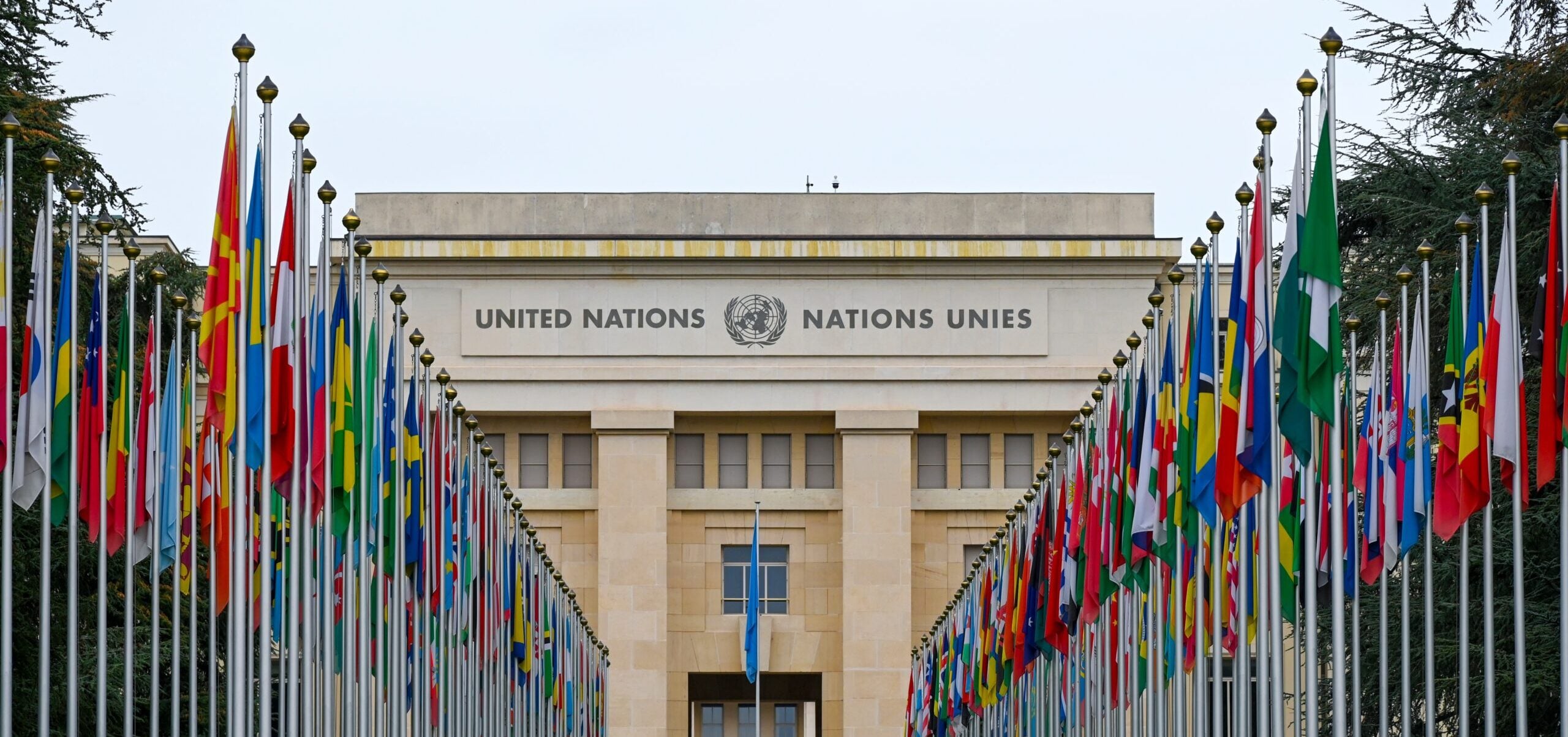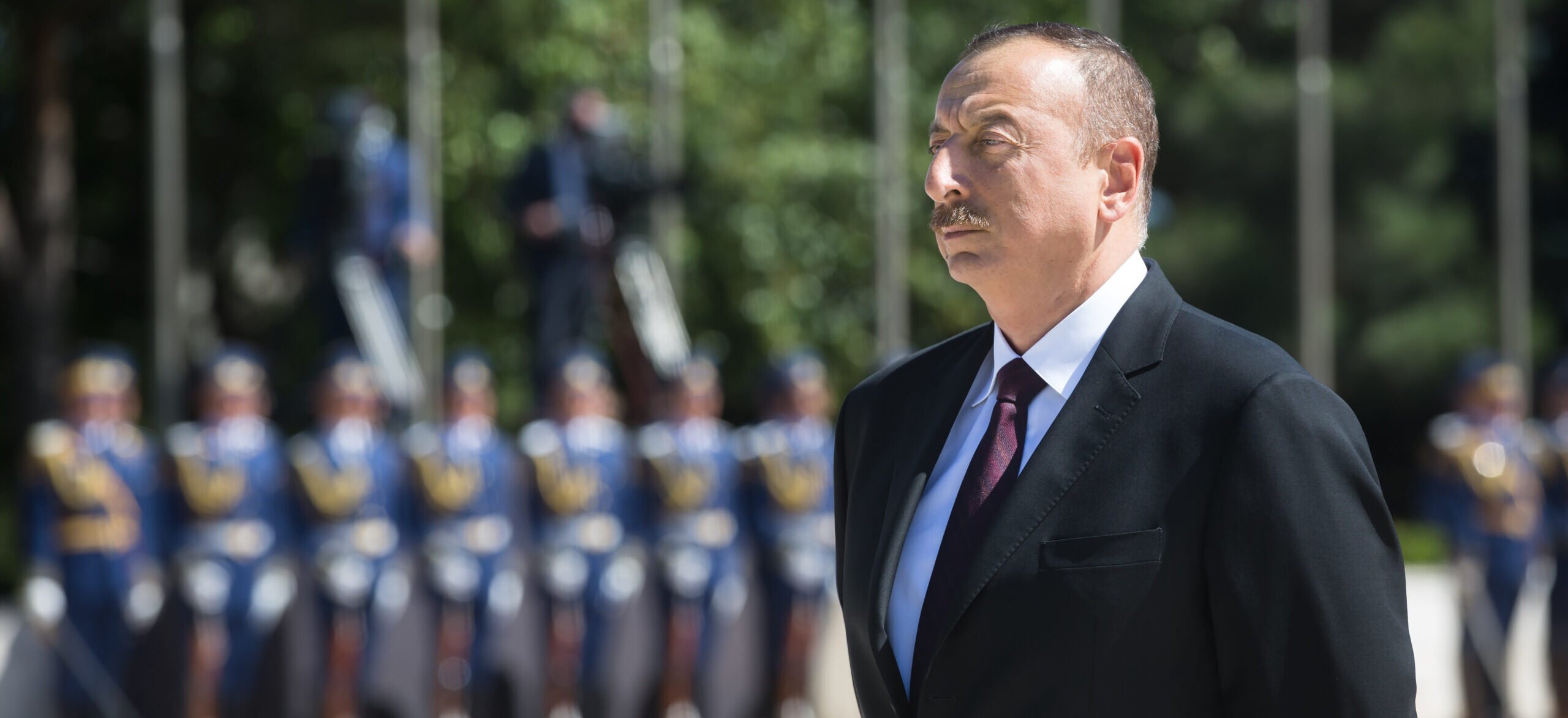
A recent cyberattack has led Azerbaijan to reconsider its relationship with Russia, revealing what one prominent Ukrainian journalist describes as Moscow’s coercive and imperial mindset toward its former Soviet neighbors.
In late February 2025, Azerbaijani authorities reported a large-scale cyberattack on domestic media outlets. The attack has been linked to the Russian hacker group APT29, known for espionage campaigns against government bodies, diplomatic missions, and critical sectors including, defense, energy, and media.
Commenting on this incident, Ukrainian journalist and political analyst Vitaly Portnikov said Baku’s official statement marks a significant shift in its stance toward Moscow.
“APT29’s cyber-espionage operations mainly target government institutions, foreign diplomatic missions, and critically important sectors such as politics, defence, energy, and media,” said Portnikov.
The cyberattack followed the closure of the Russian House in Baku and the local branch of Kremlin affiliated Sputnik radio station. Azerbaijan authorities shuttered both entities over suspicions of activities that aimed at destabilizing the country in line with Russia’s interests.
“For the first time, Baku publicly acknowledged that Russia is capable of launching large-scale cyberattacks against Azerbaijan – and that Russian state agencies may be behind them,” Portnikov said.
According to him, the cyberattack was intended as a clear warning from Moscow.
“A signal that wasn’t disguised or hidden – meant to ensure Azerbaijan’s leadership understood what further steps the Kremlin might take if President Ilham Aliyev ignores Vladimir Putin’s intentions,” Portnikov said.
He emphasized that Russia now treats Azerbaijan as it does other post-Soviet states – through pressure and manipulation rather than partnership.
“The idea that Moscow respects Azerbaijan’s leadership – based on similarities in political systems or a shared desire for regional stability – is an illusion. It may be comforting, but it collapses under the weight of Russia’s actual behaviour in a crisis,” he said.
The journalist also referenced a recent aerial incident that further strained relations: a Russian fighter jet shot down an Azerbaijani commercial aircraft in Russian airspace.
“Russia tried to cover it up by redirecting the damaged plane into Kazakhstan’s airspace. And even after the incident, there were no apologies or explanations from Moscow about the involvement of Russian forces,” Portnikov said.
This behavior, viewed in Baku as a violation of sovereignty and an affront to national dignity, prompted a firm response from President Ilham Aliyev – one to which the Kremlin quickly responded.
“Putin wants Aliyev and other Azerbaijani leaders to act like governors of a Soviet republic – obedient to Moscow’s wishes and forbidden from criticising its leadership,” Portnikov said.
He believes Azerbaijan’s path forward lies in pursuing an independent and sovereign foreign policy – one that rejects Russian demands and treats Moscow as an equal counterpart, not a superior.
“No matter how unpleasant that may be for Putin and many Russians,” Portnikov said.
Cover: Shutterstock
